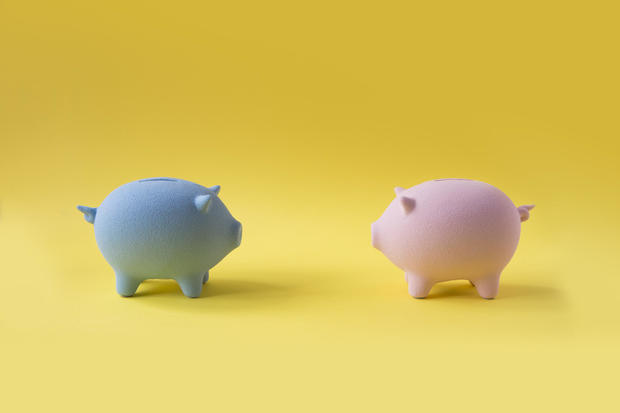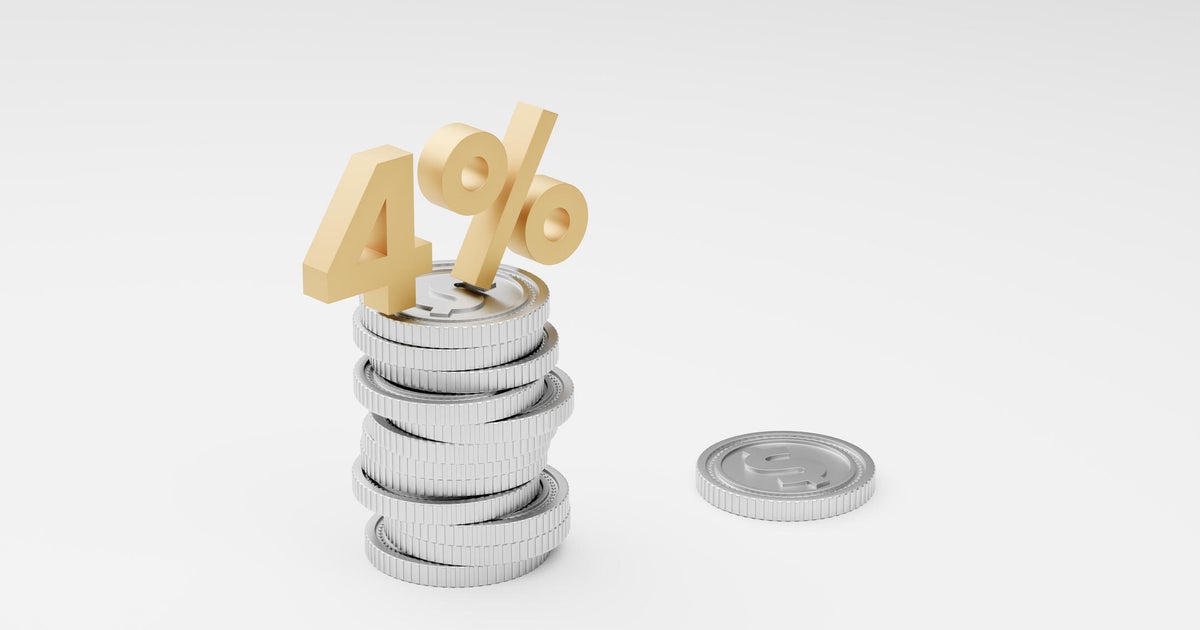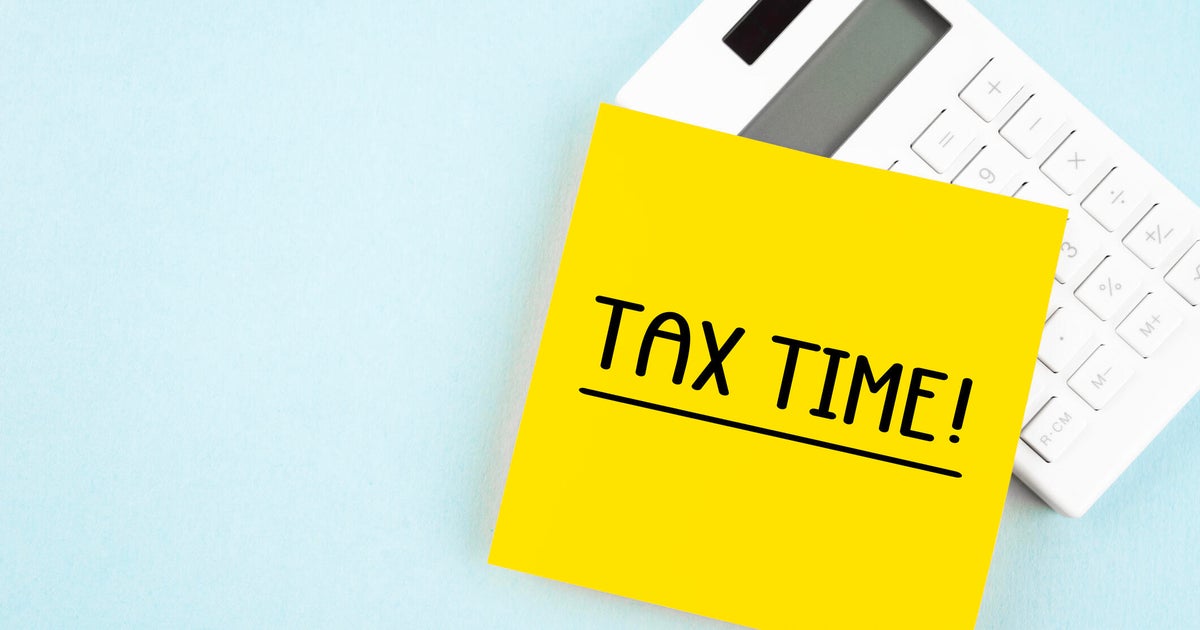Should I deposit $10,000 into a CD or savings account?
Saving money is an essential part of being financially responsible. And whether you're saving up for an emergency fund, a down payment on a house or a vacation, where you keep your money can make a big difference in how effective your savings are for you.
Two of the most popular (and highest-paying) places to keep your savings are in a certificate of deposit (CD) or a high-yield savings account. Both accounts have their own features, benefits and drawbacks, and both are protected by federal deposit insurance, so your money is safe up to $250,000 per account per institution.
Which is best for you depends on your personal financial goals, needs and preferences.
See today's top savings account rates here.
Should I deposit $10,000 into a CD or savings account?
Let's say you have $10,000 to deposit. Here are the things to keep in mind when deciding whether to put it in a CD or a savings account.
When you should deposit $10,000 into a CD
A CD is a type of deposit account that earns interest at a fixed rate for a set period, known as the CD term. Terms typically range from a few months to several years.
With a CD, you agree to leave your money in the account for the full term in exchange for an interest rate that's often higher than a savings account. When the term is up, you can withdraw your money or roll it over into a new CD with a new rate.
The main benefit of CDs is that you can lock in your interest rate. Your rate is set when you open the account, and it stays the same even if overall interest rates change. This can be especially lucrative if you open a CD when rates are high. With a savings account, your rate fluctuates based on the federal funds rate, so you can't say for certain how much you'll earn down the road.
However, when you put your money into a CD, it's tied up for the entire term. If you need to access it before the term expires, you may pay a penalty that could eat into your earnings. So, a CD is best for people who can afford to leave their money untouched for the duration of the term. Early withdrawal penalties can also benefit those who want help resisting the temptation to dip into their savings before they need it.
When you should deposit $10,000 into a savings account
A savings account is another type of deposit account that enables you to earn interest on your money. Unlike CDs, you may withdraw funds from a savings account at any time without penalty (as long as you mind any monthly withdrawal limits). This liquidity and flexibility make savings accounts better for storing an emergency fund you may need to access at a moment's notice.
High-yield savings accounts, in particular, offer rates that can be 10 times higher than regular savings accounts (if not more). Plus, many high-yield accounts are provided by online banks, which have fewer expenses than traditional banks with brick-and-mortar locations. As a result, online banks tend to have fewer fees and lower minimum balance requirements.
However, high-yield savings accounts generally have lower interest rates than CDs, so your money won't grow as quickly. The difference may be minimal, but it is worth considering.
In addition, savings account rates are variable. So, if overall interest rates go down, so will your earning potential. If you know you won't need your funds for a certain amount of time, you may be better off putting them into a CD with a higher rate and a term that fits your timeline.
Check out current savings account offers here.
The bottom line
Whether you should deposit your money into a CD or a savings account depends on your personal financial goals. If you have extra cash you won't need immediate access to and want to earn a higher interest rate, a CD is likely your better option. If you want easy access to your money and don't want to be locked into a long-term commitment, a high-yield savings account may be the better choice.
Ultimately, it's important to do your research and compare offers from different institutions before making a decision. Look at rates, terms and features to find the one that earns you the most while suiting your needs. With a little time and due diligence, you can make an informed decision and maximize your savings.




